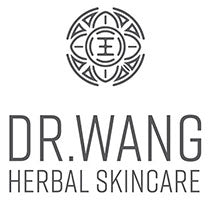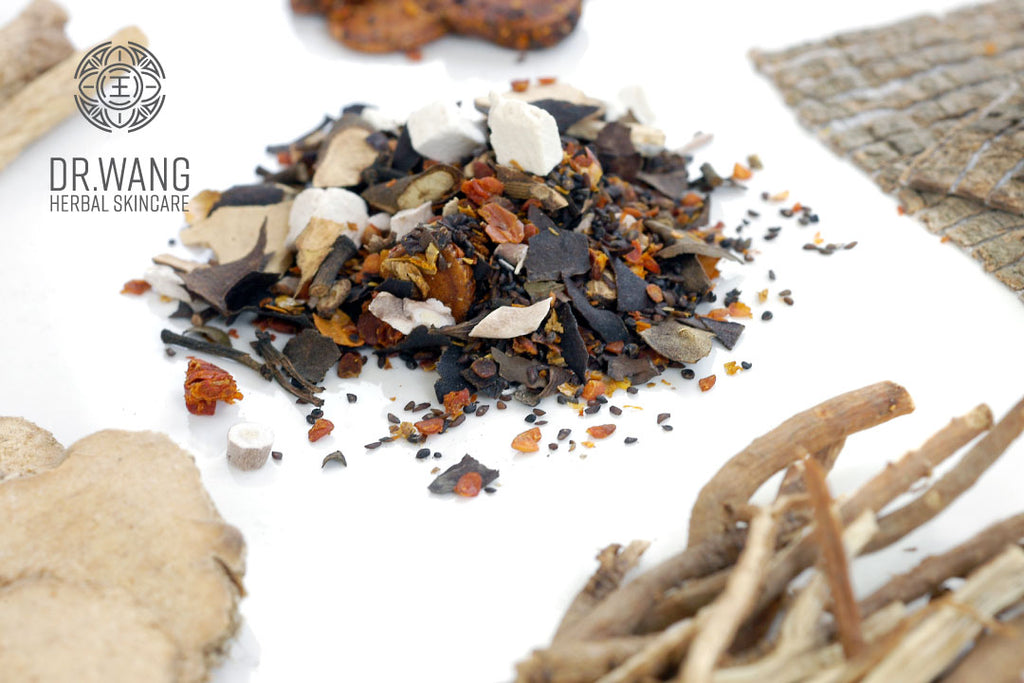Guide to Ancient Eastern Herbs
Herbal treatments are a huge part of Traditional Chinese Medicine. Every herb that is utilized in TCM is classified by its nature, taste and the particular organ it enters. For example, cinnamon and dried ginger are both classified as "hot" herbs and are used to treat “cold” illnesses such as stiff joints that are cold to touch or stomach pain. On the other hand, Gardenia is considered a "cold" herb and is typically used to treat “hot” illnesses such as atopic dermatitis. Ancient Eastern Herbs are usually taken orally as a tea, but can also be applied topically or in capsule form.
Very rarely is one herb used to treat an illness, but rather a combination is used. Consider this a guide to some of the most popular Ancient Eastern Herbs used in Traditional Chinese Medicine.

Astragalus
Astragalus a popular herb that has been used in Traditional Chinese Medicine for thousands of years. It was first mentioned in an ancient text called “Shen Nong Ben Cao Jing” which was written around 200 AD. The text discusses the many medicinal herbs used at the time. In Chinese, Astragalus translates to Huang qi, which means “yellow leader.” It gets its name because (when dried) the root has a yellow tone and yellow flowers. “Leader” refers to the part of herbs located at the top of the plant that is used in Chinese medicine.
Astragalus is a “hot” herb, which means it can help to treat “cold” illnesses and rebalance the body’s yin and yang. It is also a sweet herb, making it ideal for issues related to digestion. Ailments that Astragalus is used to cure include fatigue, allergies, and the common cold. It’s also used against heart disease and diabetes.
A clinical study on the effectiveness of Astragalus was conducted on patients who were suffering from heart failure. They were given 2.25 grams of Astragalus twice daily for two weeks, in tandem with conventional treatment. Those who used Astragalus saw greater improvements in heart function than those receiving standard treatment alone. In another study, patients with heart failure were given 60 grams per day of astragalus via IV in conjunction with conventional treatment. These patients also had more significant improvements than those receiving standard treatment alone.

Ginseng
Ginseng has been used in Traditional Chinese Medicine for centuries as both medicine and as part of one's diet. Ginseng is classified in three ways, depending on how long it is grown: fresh, white or red. Fresh ginseng is harvested before 4 years, white ginseng is harvested between 4 and 6 years, whereas red ginseng is harvested after 6.
Ginseng is a cold herb that helps to alleviate hot illnesses such as eczema. This is due, in part, to its antioxidant powers. Studies conducted on ginseng effectiveness on inflammation found that it was able to inhibit inflammation and increase antioxidant capacity in cells. Another study was done in order to examine the benefits of ginseng on those who suffered from eczema. This study focuses only on red ginseng extract and found that it reduced inflammation and improved antioxidant activity in skin cells from people with eczema. And finally, another study investigated the effects of having 18 young male athletes take 2 grams of red ginseng extract three times per day for seven days. The men then had levels of certain inflammatory markers tested after performing an exercise test. These levels were significantly lower than in the placebo group, lasting for up to 72 hours after testing.
Read more about the skin benefits of ginseng.

Ginkgo Biloba
The gingko tree is one of the oldest species of trees that are still in existence. It is so ancient that fossils dating back 270 million years have been found! Ginkgo trees are often planted outside of temples and holy areas that are said to be between 1,500 and 2,500 years old. It was thought that the Ginkgo tree was extinct in the wild, and only grew in controlled environments. However, trees have now been found in a couple of areas of the Chinese wilderness!
Ginkgo Biloba is one of the rare ancient herbs that are neutral in nature. This means that ginkgo leaves typically don't affect the yin and yang balance in your body. A 2009 study demonstrated that Ginkgo helps to relieve premenstrual syndrome (PMS) symptoms in women. During the study, participants taking either ginkgo or placebo experienced a reduction in symptoms. Those taking ginkgo had significantly more relief.
Bottomline
Dr. Wang Herbal Skincare is a family business started by Steven Wang, MD, and Gui Wang, LAc. Our co-founders have been working together for over two decades to offer holistic, innovative, and effective skincare products.
We are guided by three primary principles: formulate skincare products with proven efficacy to promote skin health, harness the power of Traditional Chinese Medicine (TCM), and utilize the latest modern medical breakthroughs.
To learn more, view our family of products or read what publications like The New York Times and Reader’s Digest have to say about Dr. Wang Herbal Skincare.




